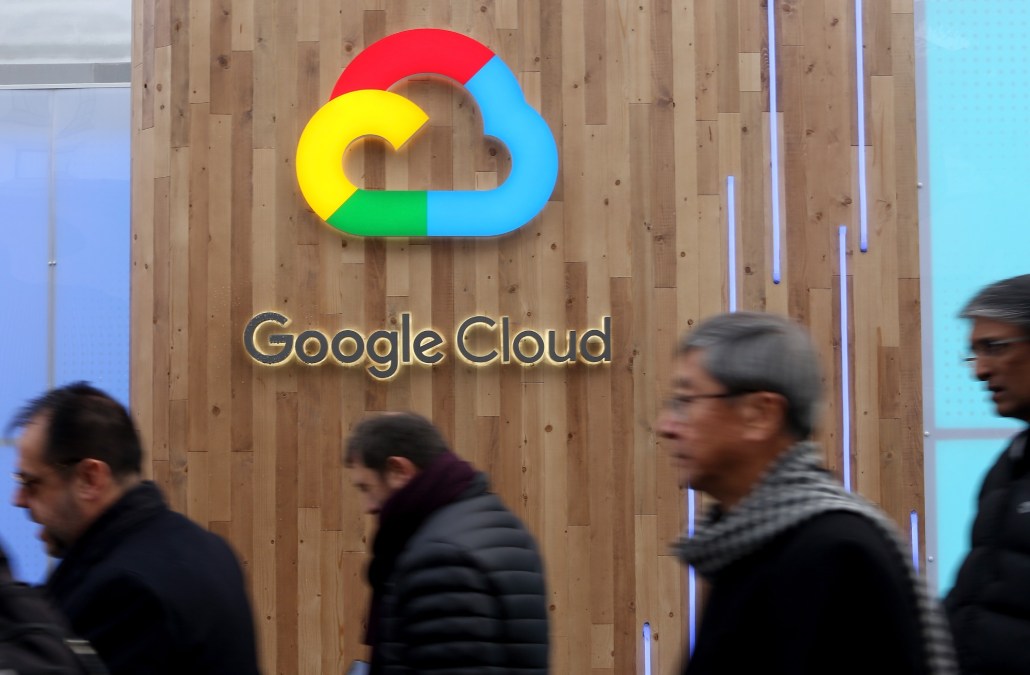Pittsburgh to spend $4 million on Google Cloud migration

Pittsburgh IT officials announced plans Monday to migrate the city’s legacy IT systems to Google Cloud over the next four years, a move expected to save money and encourage the development of new digital services.
The city’s Department of Innovation and Performance will oversee the $4 million transition, which will include the creation of new analytical tools and public-facing online applications that will live on Google’s platform.
The city tested Google Cloud last year with a partial migration to increase storage capacity, said Heidi Norman, Pittsburgh’s acting innovation and performance director. Officials came away optimistic about the potential for a full migration involving all 19 city government departments away from a current IT infrastructure powered by “brittle” legacy systems.
The new cloud platform, officials said, will be the most advanced southwestern Pennsylvania.
“We were immediately impressed with the scalability and flexibility of Google Cloud after using the technology for an initial storage migration last year,” Norman said in a press release. “We realized all the different ways we could partner with Google Cloud to reduce the barriers of entry to move to a more cloud-focused approach to service delivery, and from there, developed a plan to rapidly adopt Google Cloud for our remaining on-premises applications.”
Aside from improved storage and computing that will come with the migration, the city expects to eventually develop more digital services on the new cloud that boost mobility, public safety and city infrastructure, especially within its police and fire departments, according to Norman, who led the city’s transition to remote work at the onset of the coronavirus pandemic last year. The city revised its contract with Dell to supply laptop computers rather than desktops and updated its 311 program to allow for employees to take calls from their laptop, rather than a desk phone. The crisis put Pittsburgh in a more flexible situation than it had been before the pandemic, Norman said.
“There was crisis management, then we said ‘OK, let’s get into a groove here’, and now we’re looking toward the future,” Norman told StateScoop last December. “What’s very clear to us is that there is a bit of a silver lining with coming out the other side of this crisis.”






